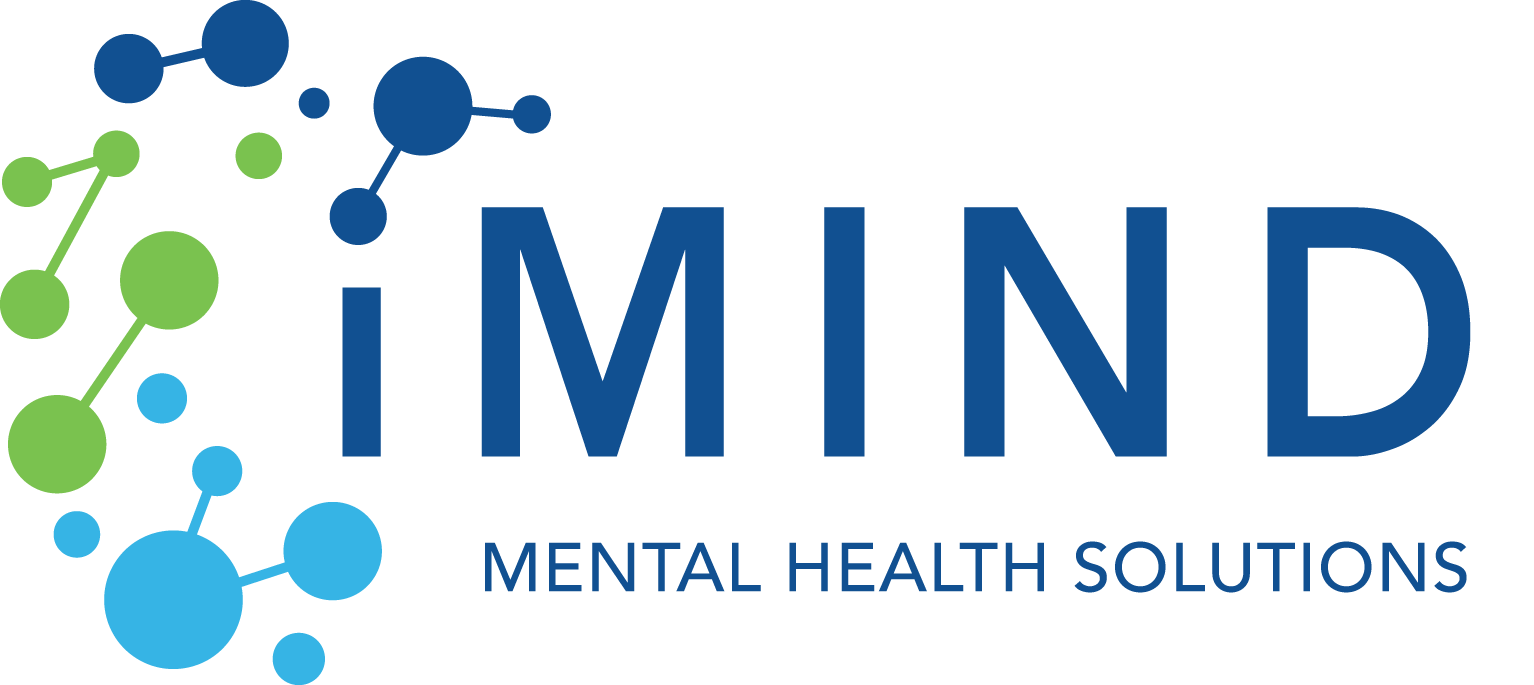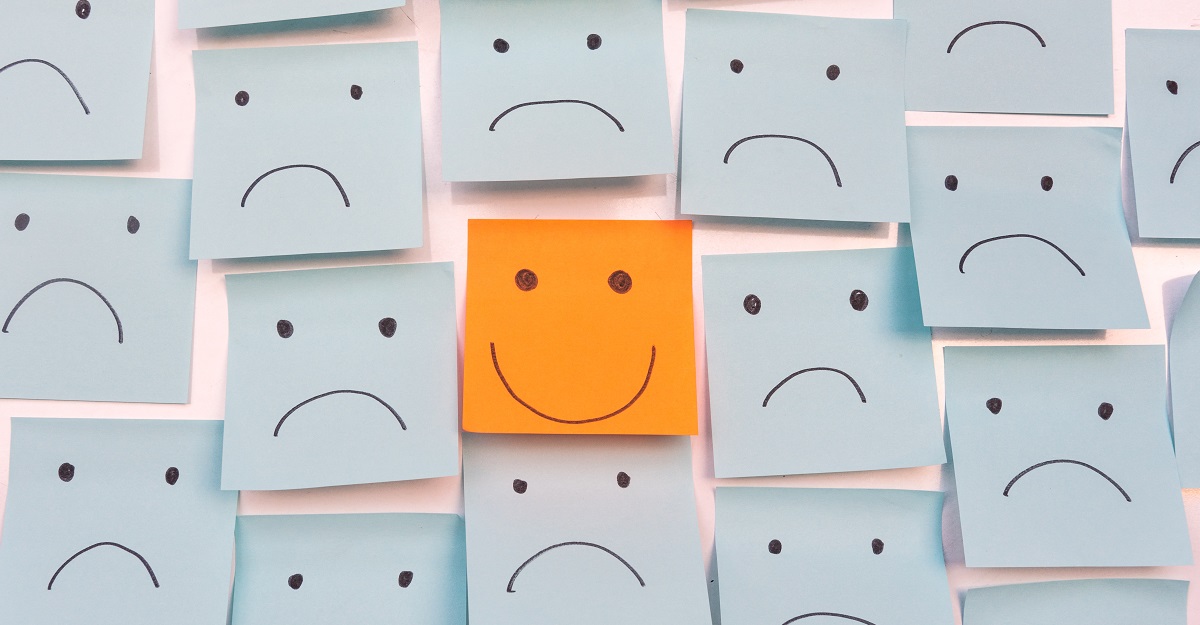Your Brain On Love: The Psychology Behind That Loving Feeling
Published By Justin Baksh, LMHC, MCAP
March 15, 2024

“Romantic love is an addiction: a perfectly wonderful addiction when it’s going well, and a perfectly horrible addiction when it’s going poorly,” says Helen Fisher, a renowned biological anthropologist whose work has profoundly enhanced our understanding of love and its impact on the human brain.
Fisher has deeply explored the intricate ways love affects our brains, and likens the intense emotions associated with romantic attachment to the dynamics of addiction. This comparison is more than a metaphor. Her statement is rooted in the brain’s biochemistry, as both love and addiction activate similar neural circuits related to reward and pleasure. The ways in which love transforms the human brain are both fascinating and complex.
Like addiction, love can dominate our thoughts and behaviors, causing us to seek the presence and affection of the person we feel love for. Neurotransmitters in the brain feed this pursuit and the more we are around this person or thinking about them, the more these chemicals enhance our feelings of happiness and attachment, creating a powerful emotional bond.
Additionally, love engages areas of the brain associated with stress relief and emotional regulation, highlighting its capacity to influence our mental and emotional well-being profoundly.
Ultimately, love plays an essential role in human connection, resilience, and the pursuit of meaning and fulfillment in life. But how does this all work? How do these feelings influence our brains and ultimately our actions to nurture that loving feeling?
The Brain in Love: A Chemical Cocktail
Your brain is highly active when you’re in love, busy releasing a mix of powerful chemicals that influence how you feel. Oxytocin, serotonin, and dopamine play significant roles in shaping our behaviors and feelings in ways that can enhance and build relationships.
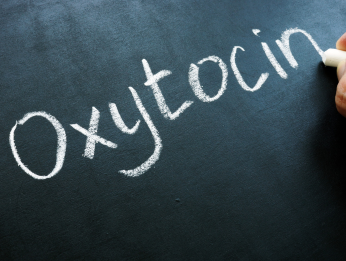
Oxytocin: The Bonding Chemical
- Initiating Physical Touch: Oxytocin is released through physical touch, such as hugging, cuddling, or holding hands. These simple gestures can deepen the emotional connection between partners.
- Expressing Empathy and Understanding: Oxytocin enhances feelings of trust and empathy. Expressing empathy and understanding towards your partner can help build and strengthen emotional bonds.
- Engaging in Shared Activities: Activities that promote trust and cooperation, like team sports or games, can increase oxytocin levels, fostering a sense of togetherness.
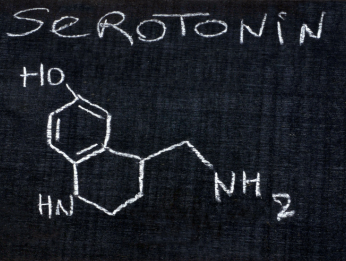
Serotonin: The Mood Stabilizer
- Positive Reinforcement: Serotonin boosts mood and overall well-being. Complimenting your partner, acknowledging their achievements, and expressing gratitude can contribute to a positive atmosphere in the relationship.
- Creating a Supportive Environment: By being supportive and reliable, you contribute to a stable and secure environment, which can help maintain balanced serotonin levels for both you and your partner, enhancing feelings of happiness and contentment.
- Engaging in Shared Interests: Participating in activities or hobbies that both partners enjoy can increase serotonin levels, improving mood and strengthening the relationship.
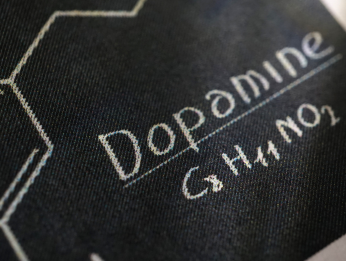
Dopamine: The Pleasure Booster
- Planning Surprises or New Experiences: When we find ourselves in situations that bring us joy, our brain releases dopamine, a chemical that’s key to the brain’s reward processing system. Planning surprises or trying new activities together can recreate the excitement and pleasure of early stages of the relationship.
- Setting and Achieving Goals Together: Working towards and achieving goals together, whether they are fitness goals, travel plans, or professional achievements, can increase dopamine levels, reinforcing the reward and satisfaction of the partnership.
- Giving and Receiving Gifts: Small tokens of appreciation or thoughtful gifts can trigger dopamine release, enhancing feelings of joy and satisfaction within the relationship.
The Brain in Love: Working Overtime
In addition to chemical responses, certain areas of your brain also become more active when you experience love. These areas are responsible for feeling rewards, being motivated, and processing deep emotions.
Ventral Tegmental Area (VTA)
The VTA is part of the brain stem and plays a key role in feeling pleasure, motivation and reward. It sends dopamine to various parts of the brain, and influences a wide range of behaviors and emotional responses. When you’re in love, the VTA becomes active because being close to or thinking about the person you love feels rewarding and satisfying, much like getting a prize you’ve really wanted.
Caudate Nucleus
The caudate nucleus is a C-shaped structure located deep inside the brain, near the center. It’s part of a group of structures called the basal ganglia, which help manage how you move, how you feel, and how you make decisions. This area is also involved in motivation and how you seek rewards. In the context of love, it helps motivate you to seek out interaction and bonding with the person you love. It’s part of why you want to spend time with them and do things to make the relationship better.
Putamen
The putamen is also part of the basal ganglia, and is positioned next to the caudate nucleus. It is also linked to processing emotions and performing actions that lead to rewards. When it comes to love, the putamen works with other parts of the brain to process the deep feelings you have for someone else, encouraging you to take actions that strengthen your bond with them.
Basically, when you’re in love, these areas of your brain light up because they’re processing the good feelings you get from being in love, motivating you to pursue and maintain the relationship, and helping you understand and react to your deep emotional connection with the person you care about.
Love & Addiction
As Helen Fisher alludes to in her quote about love being an addiction, both being in love and experiencing addiction activate similar areas in the brain, leading to increased levels of dopamine. This surge in dopamine creates feelings of pleasure, reward, and motivation, which are fundamental to both experiences. In love, these feelings encourage attachment and bonding, while in addiction, they contribute to the compulsive pursuit of substances or behaviors that trigger these reward responses.
Essentially, both love and addiction involve intense emotional and physiological reactions driven by the brain’s reward system, making us seek more of these experiences despite different outcomes.
Love as a Motivator
“In a 2005 study, researchers hooked participants up to fMRI scanners — technology which detects variations in blood flow to measure brain activity — and analyzed their responses to pictures and questions concerning their significant others.
Researchers concluded that love — rather than a single emotion — is a state of motivation which leads to many distinct and separate emotions.
The findings, which have since been mirrored by numerous studies, suggest that love activates the parts of our brain which control goal-oriented motivation. When in love, we are motivated to attract or please the person with whom we are in a relationship. In doing so successfully, the brain releases dopamine — a neurotransmitter vital to reward-motivated behavior.
‘[Love] makes you want to be a better person for them,” said third-year math student Jonathan Berning. ‘It makes you try harder.’”
-Zach Perrin, Psychology of Love, Newsrecord.org
The psychological and emotional impact of love touches nearly every aspect of our wellbeing and daily life. When we fall in love, we often experience a boost in happiness and a significant decrease in stress. Love can make us feel more connected and supported, providing a sense of security and companionship. This feeling of connection and belonging is crucial for our mental health, as it helps us cope with life’s challenges more effectively.
Being in love also enhances our self-esteem; when we feel loved and valued by someone else, we tend to see ourselves more positively. Additionally, love encourages empathy and understanding, making us more willing and able to see things from another person’s perspective and respond with kindness and compassion.
Overall, love deeply enriches our emotional lives, bringing joy, reducing loneliness, and fostering a sense of purpose and belonging. The profound feelings love creates in us can inspire us to make positive changes in our lives, affecting our habits and actions in ways that enhance our well-being, our relationships, and our overall quality of life.

Improved Health Habits
Being in love can motivate us to take better care of ourselves. This might mean adopting healthier eating habits, exercising more, or even reducing harmful behaviors like smoking or excessive drinking, often because we want to be our best selves for our loved ones and ensure a longer, healthier life together.
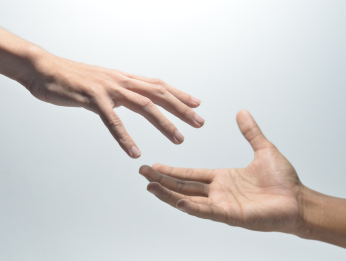
Increased Altruism
Love often inspires acts of kindness and generosity., not just towards our partner but towards others as well. This might manifest in volunteering, helping out friends and family more, or engaging in acts of random kindness, fueled by the empathy and compassion we cultivate in our romantic relationships.
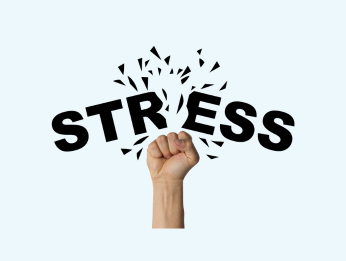
Better Stress Management
The support and understanding that come from a loving relationship can help us navigate stressful situations more effectively. This might mean we’re less likely to react negatively to stress and more likely to adopt positive coping mechanisms, such as talking through our problems, practicing mindfulness, or seeking solutions collaboratively.
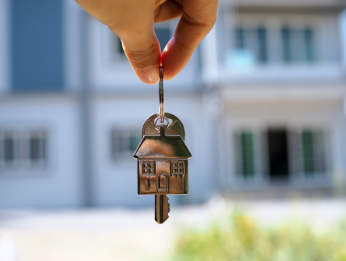
Enhanced Focus on Long-Term Goals
Love can make us more future-oriented. With a partner to plan a future with, we might be more inclined to save money, invest in our education or career development, or work towards buying a home. These actions reflect not just individual aspirations but a shared vision for the future.

Deepened Social Connections
Love can also deepen our connections with friends and family and others outside the relationship. Motivated by the joy and fulfillment we find in our romantic relationship, we might seek to strengthen our relationships with friends and family, recognizing the value of a supportive social network.
The Love That Lasts
Over time, love profoundly enriches our lives in several key ways.
Initially, love sparks intense emotions and a strong connection. This early stage lays the groundwork for deeper emotional ties, as partners learn more about each other, share experiences, and navigate challenges together. These evolving bonds foster a sense of security and belonging.
As relationships grow, partners become significant sources of support for each other. This support can mean anything from practical help with daily tasks to emotional encouragement during hard times. The stability that comes from knowing someone has your back contributes significantly to a sense of safety and security.
With time, the thrilling intensity of new love evolves into a more enduring form of love, marked by deep affection, mutual respect, and a profound understanding of each other’s needs and desires. This mature love is less about the euphoria of early romance and more about a consistent, comforting presence in each other’s lives.
The long-term connection and the emotional support that comes with enduring love play crucial roles in reducing stress and enhancing mental health. Knowing that you are valued and loved can boost self-esteem and resilience against life’s challenges.
Loving relationships often inspire individuals to grow and become better versions of themselves. Partners motivate each other to pursue their goals, overcome personal flaws, and adopt healthier behaviors, contributing to personal and mutual growth.
When Love Hurts
In the journey of life, love offers joy, growth, and profound connection. It’s a force that can transform our lives in the most beautiful ways, encouraging us to open our hearts to the possibilities of deep, meaningful relationships.
However, it’s essential to recognize when love turns painful or harmful. If you find yourself in a situation where love is more about hurt than happiness, remember, seeking help is a sign of strength. There are resources and safe places, with knowledgeable people ready to support you towards a path of respect, safety, and genuine care.
Let’s embrace the journey of love with open hearts, but also with the wisdom to know when to seek help, ensuring that our pursuit of love fosters our wellbeing and happiness.
- Aron, A., Fisher, H., Mashek, D. J., Strong, G., Li, H., & Brown, L. L. (2005). Reward, Motivation, and Emotion Systems Associated With Early-Stage Intense Romantic Love. Journal of Neurophysiology, 94(1), 327–337.
- Editor, Z. P. | N. (n.d.). Psychology of love. The News Record.
- Institute, T. linguist. (n.d.). TED, Helen Fisher: The brain in love. Lingq.com
